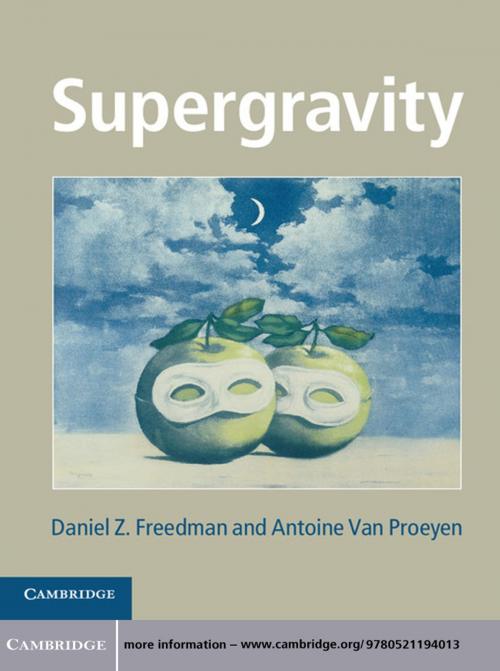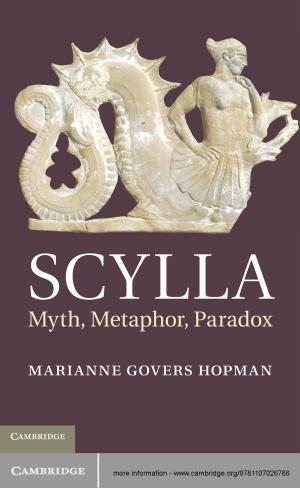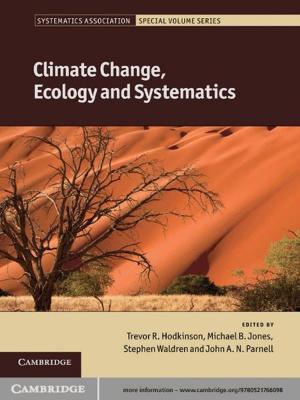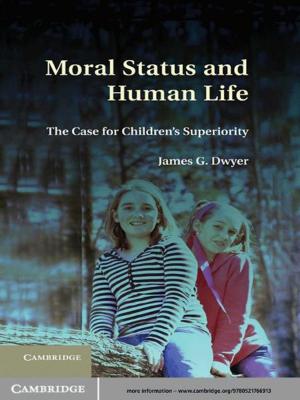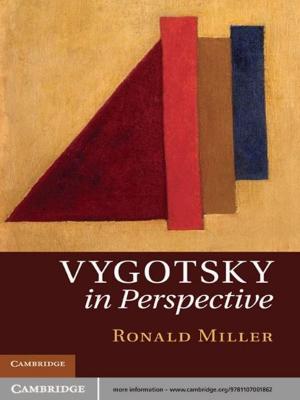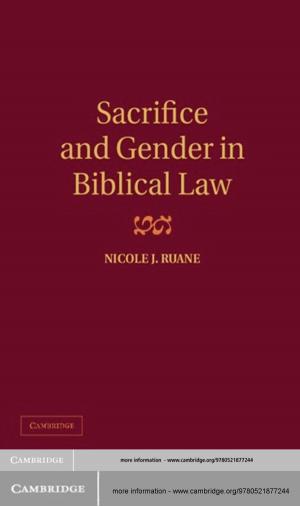| Author: | Daniel Z. Freedman, Antoine Van Proeyen | ISBN: | 9781139635608 |
| Publisher: | Cambridge University Press | Publication: | April 5, 2012 |
| Imprint: | Cambridge University Press | Language: | English |
| Author: | Daniel Z. Freedman, Antoine Van Proeyen |
| ISBN: | 9781139635608 |
| Publisher: | Cambridge University Press |
| Publication: | April 5, 2012 |
| Imprint: | Cambridge University Press |
| Language: | English |
Supergravity, together with string theory, is one of the most significant developments in theoretical physics. Written by two of the most respected workers in the field, this is the first-ever authoritative and systematic account of supergravity. The book starts by reviewing aspects of relativistic field theory in Minkowski spacetime. After introducing the relevant ingredients of differential geometry and gravity, some basic supergravity theories (D=4 and D=11) and the main gauge theory tools are explained. In the second half of the book, complex geometry and N=1 and N=2 supergravity theories are covered. Classical solutions and a chapter on AdS/CFT complete the book. Numerous exercises and examples make it ideal for Ph.D. students, and with applications to model building, cosmology and solutions of supergravity theories, it is also invaluable to researchers. A website hosted by the authors, featuring solutions to some exercises and additional reading material, can be found at www.cambridge.org/supergravity.
Supergravity, together with string theory, is one of the most significant developments in theoretical physics. Written by two of the most respected workers in the field, this is the first-ever authoritative and systematic account of supergravity. The book starts by reviewing aspects of relativistic field theory in Minkowski spacetime. After introducing the relevant ingredients of differential geometry and gravity, some basic supergravity theories (D=4 and D=11) and the main gauge theory tools are explained. In the second half of the book, complex geometry and N=1 and N=2 supergravity theories are covered. Classical solutions and a chapter on AdS/CFT complete the book. Numerous exercises and examples make it ideal for Ph.D. students, and with applications to model building, cosmology and solutions of supergravity theories, it is also invaluable to researchers. A website hosted by the authors, featuring solutions to some exercises and additional reading material, can be found at www.cambridge.org/supergravity.
